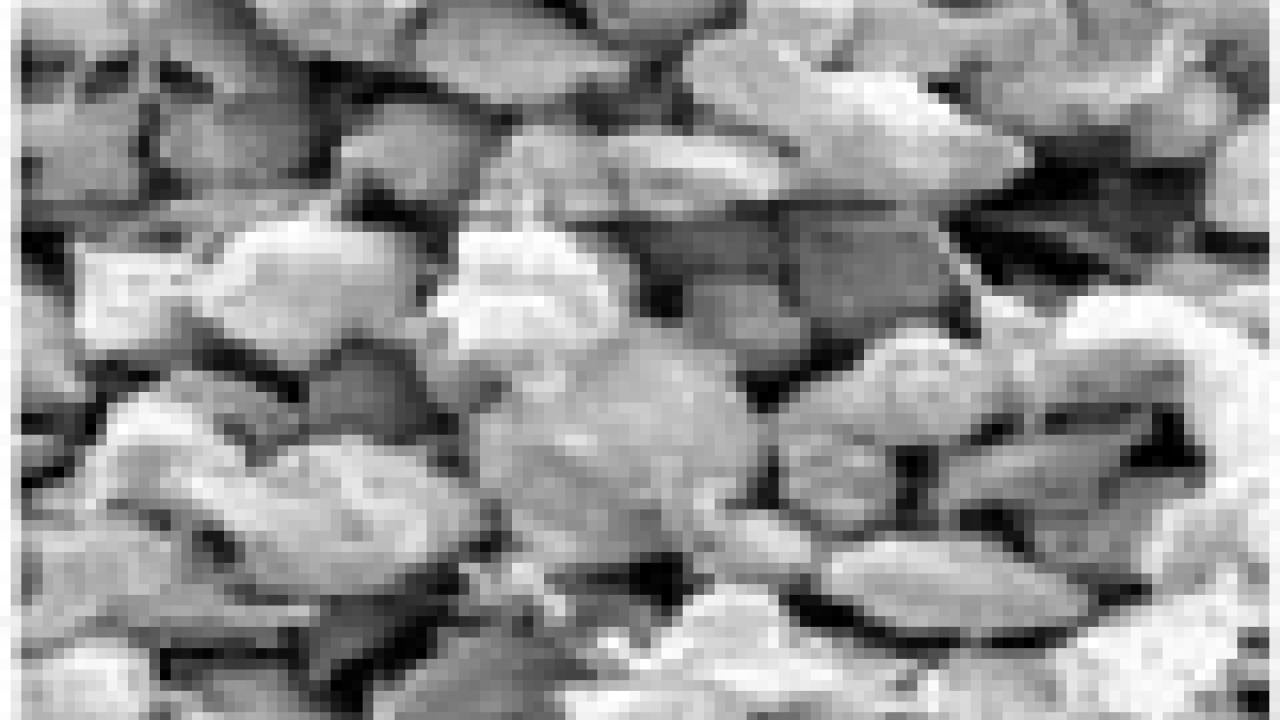Platelets, the clot-forming cells that stop you bleeding to death from a shaving cut, are always in high demand from blood banks but have a short shelf life. Using a new process discovered at the University of California, Davis, platelets can be freeze-dried and stored for at least a year at room temperature before being reconstituted with water.
Blood banks store whole platelets at room temperature because they are damaged by cold. Under federal regulations, platelets have to be discarded after five days. Freeze-drying could extend their shelf life and allow them to be transported easily.
Usually, dehydration kills human cells. Wim Wolkers, Naomi Walker, John Crowe and Fern Tablin at the UC Davis Biostabilization Laboratory used trehalose, a sugar, to protect the cells during the freeze-drying process. Animals and plants that are naturally able to withstand extreme drying often use trehalose as a protectant, Crowe said.
Trehalose replaces water in the "shell" around proteins and other large molecules in the cell. This seems to protect the structure of these proteins as water is removed.
Wolkers found a simple method to make platelets take up trehalose, and showed that they could then be freeze-dried. The dried platelets can be resurrected after at least a year. The method is currently in clinical trials for use with human and animal blood, Crowe said.
Dried platelets might also be used for novel devices, such as "smart" bandages that promote clotting and wound healing, Crowe said.
The UC Davis group is also investigating freeze-drying of more complex cells. The technology could, for example, be used to store human stem cells or for bioelectronic devices with living cells fused to a microchip.
More information: .
Media Resources
Andy Fell, Research news (emphasis: biological and physical sciences, and engineering), 530-752-4533, ahfell@ucdavis.edu
Willem Wolkers, Molecular and Cell Biology, (530) 752-1094, wfwolkers@ucdavis.edu
John Crowe, Molecular and Cell Biology, (530) 752-2910, jhcrowe@ucdavis.edu
Fern Tablin, Anatomy, Physiology and Cell Biology, (530) 752-8259, ftablin@ucdavis.edu
